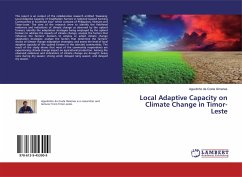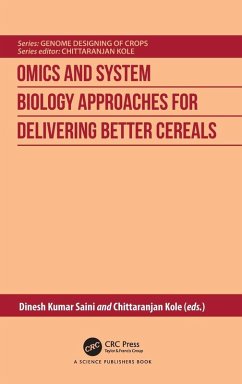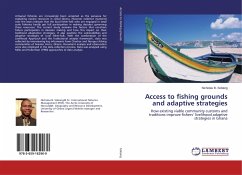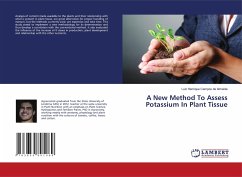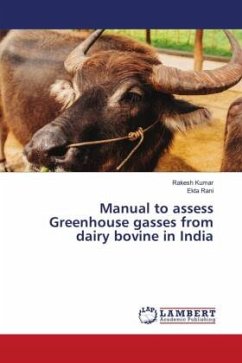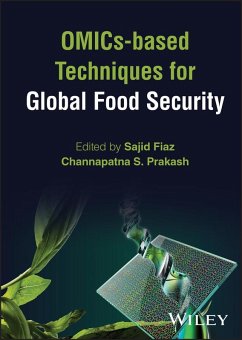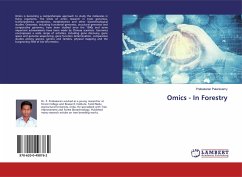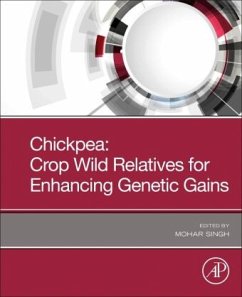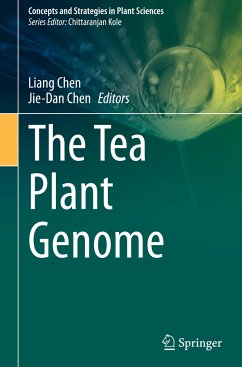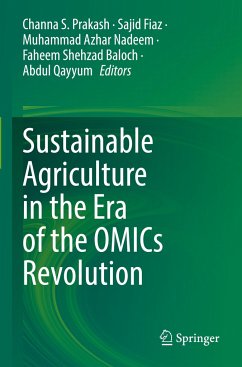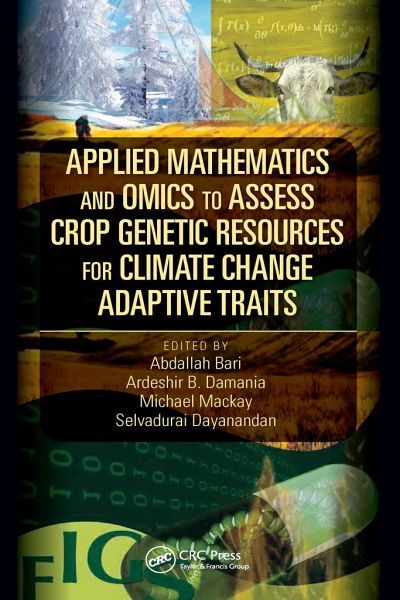
Applied Mathematics and Omics to Assess Crop Genetic Resources for Climate Change Adaptive Traits
Versandkostenfrei!
Versandfertig in 1-2 Wochen
61,99 €
inkl. MwSt.

PAYBACK Punkte
31 °P sammeln!
Applied Mathematics and Omics to Assess Crop Genetic Resources for Climate Change Adaptive Traits focuses on practical means and approaches to further the use of genetic resources for mitigating the effects of climate change and improving crop production. Genetic diversity in crop plants is being further explored to increase yield, disease resistance, and nutritional value by employing recent advances in mathematics and omics technologies to promote the adaptation of crops to changing climatic conditions. This book presents a broad view of biodiversity and genetic resources in agriculture and ...
Applied Mathematics and Omics to Assess Crop Genetic Resources for Climate Change Adaptive Traits focuses on practical means and approaches to further the use of genetic resources for mitigating the effects of climate change and improving crop production. Genetic diversity in crop plants is being further explored to increase yield, disease resistance, and nutritional value by employing recent advances in mathematics and omics technologies to promote the adaptation of crops to changing climatic conditions. This book presents a broad view of biodiversity and genetic resources in agriculture and provides answers to some current problems. It also highlights ways to provide much-needed information to practitioners and innovators engaged in addressing the effects of global climate change on agriculture. The book is divided into sections that cover: The implications of climate change for drylands and farming communities The potential of genetic resources and biodiversity to adapt to and mitigate climate change effects Applications of mathematics and omics technologies Genomics and gene identification We are in the midst of significant changes in global climates, and its effects are already being felt throughout the world. The increasing frequency of droughts and heat waves has had negative impacts on agricultural production, especially in the drylands of the world. This book shares the collective knowledge of leading scientists and practitioners, giving readers a broader appreciation and heightened awareness of the stakes involved in improving and sustaining agricultural production systems in the face of climate change.





